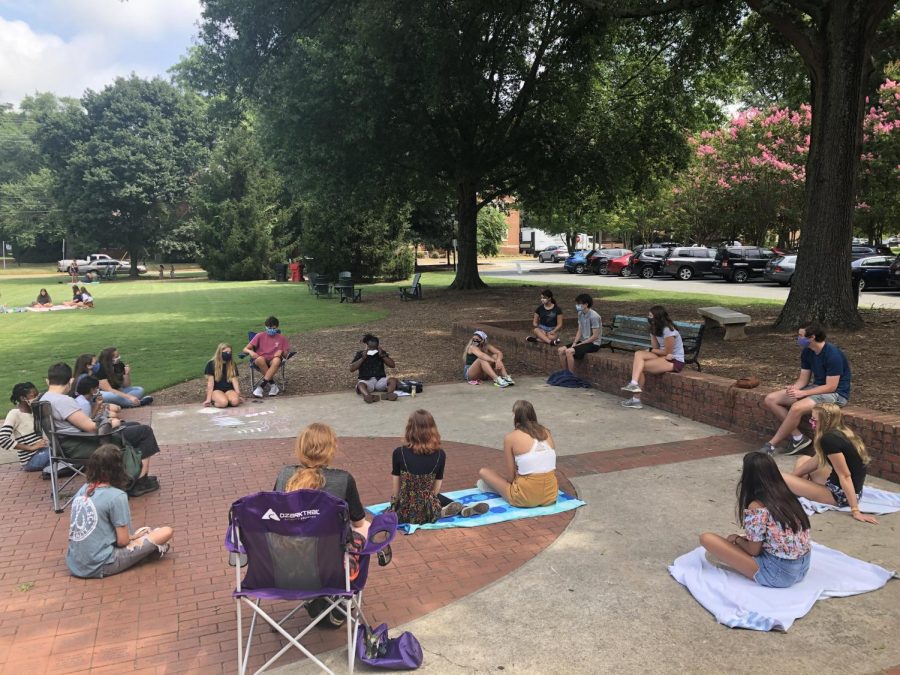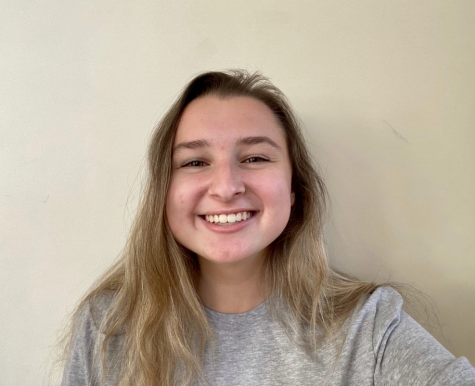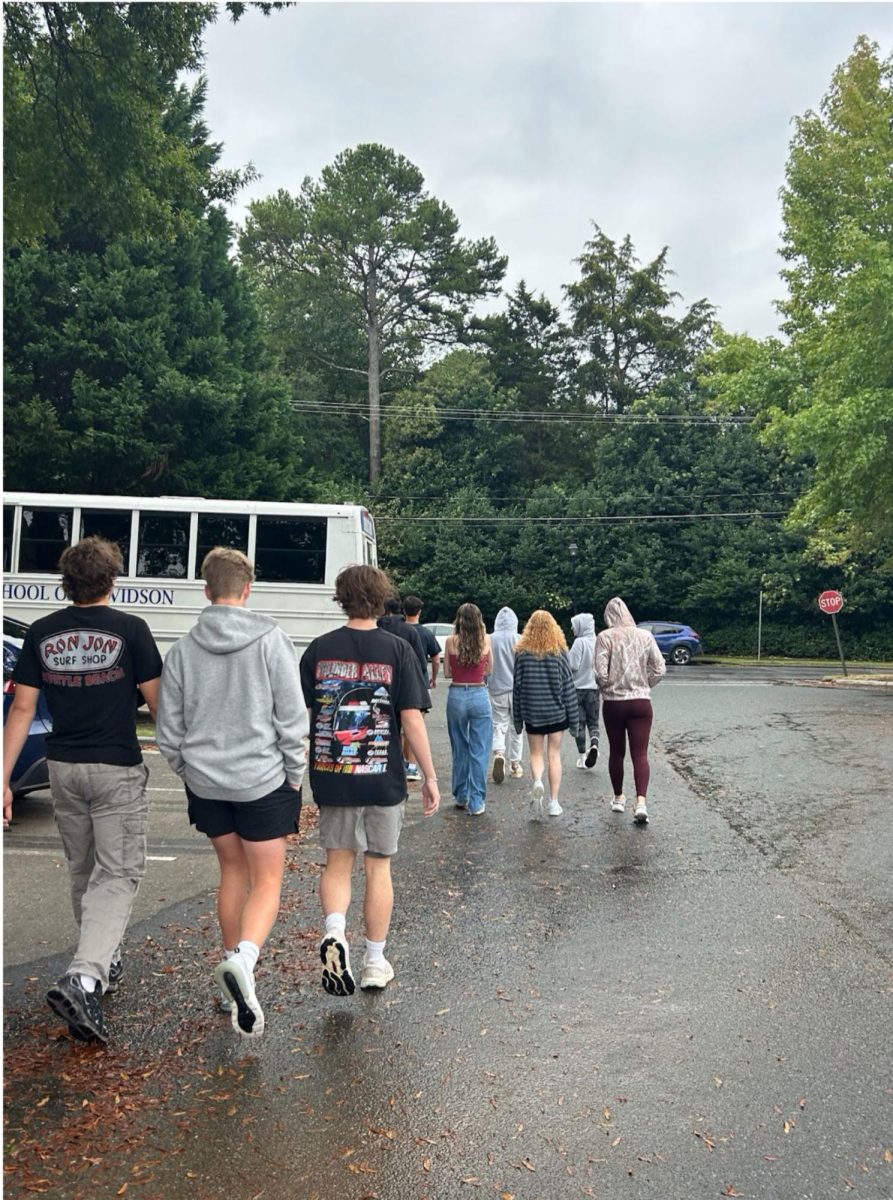“Nurturing for life:” EmpowerED at CSD
What if your history class was more meaningful than reading a textbook and memorizing facts for a test? What if it was an exploration of identity and a discovery of personal gifts? What if assessments were not multiple-choice tests, but artistic expressions of knowledge? The EmpowerED program is just that.
EmpowerED students meet at the Davidson Green to have class.
October 8, 2020
What if your history class was more meaningful than reading a textbook and memorizing facts for a test? What if it was an exploration of identity and a discovery of personal gifts? What if assessments were not multiple-choice tests, but artistic expressions of knowledge? The EmpowerED program is just that.
The EmpowerED program is a history curriculum designed to empower students to step into the world prepared to advocate for social change and be active participants in life.
When Joy Warner, CSD founder, and superintendent, approached de’Angelo Dia, former teacher and chaplain at Trinity Episcopal School in Charlotte, with the idea of EmpowerED, he was all in. The idea was to use different mediums, such as art and books, to learn history. It would be a flexible program that prepares students to take on the world.
“For me, this is not teaching a test,” said Dia. “This is nurturing for life.”
The EmpowerED program began with the 2020-2021 school year and included 33 participants ready to learn. Susan Soares, a longtime Spanish teacher at CSD, and de’Angelo Dia became the program’s first advisors.
The EmpowerED program is about building and nurturing a community of people who can check their biases at the door and explore history through different lenses. It is not a curriculum about memorizing facts, it is about using personal gifts to express knowledge and advocate for change. The group meets twice a week via zoom on Mondays and Thursdays for one hour. Every other week, half of the students go into school for an in-person meeting to dive deeper into the content being explored during class. The course counts for one history credit and one arts credit.
So far, the class has discussed current events, such as the recent killings of George Floyd, Ahmaud Arbery, and Breonna Taylor. They have also discussed the 2020 election and other civics topics.
For junior Lexia Gianopoulos, joining the program was about building “a community of people who were also interested” in having important conversations about society. “It’s given me opportunities I wouldn’t have had otherwise in another history credit,” Gianopoulos says. Those opportunities include getting to hear from guest speakers such as Dr. Lucretia Berry, Racism 101 teacher at CSD, as well as attending a virtual webinar with Dr. Ibram X. Kendi at Davidson College.
“I don’t think I’ve ever had to sit down and, from my own experience, think about why things are the way they are,” Soares mused, “I can imagine what these students are going to become and who they are going to become.” Soares is hopeful that students will learn “that they truly have a voice and that they understand who they are.”
To Mr. Dia, it’s about helping students “to be able to articulate their truth… to be open to understanding the truth of others… to affirm their gifts” and to learn “how those gifts can be used to nurture community.”



